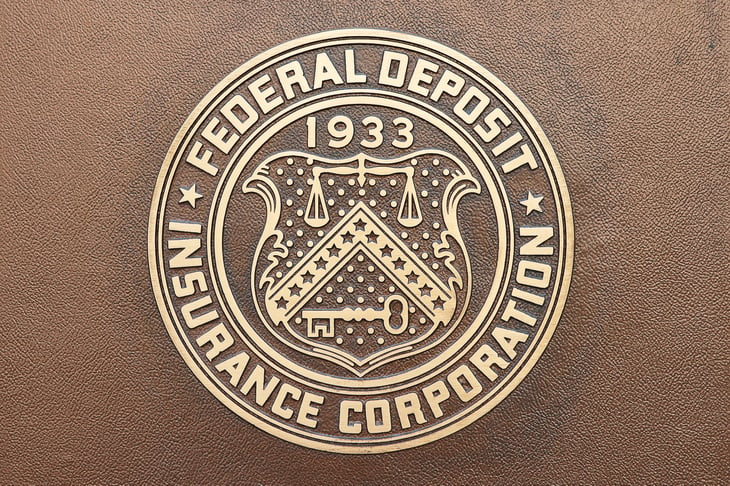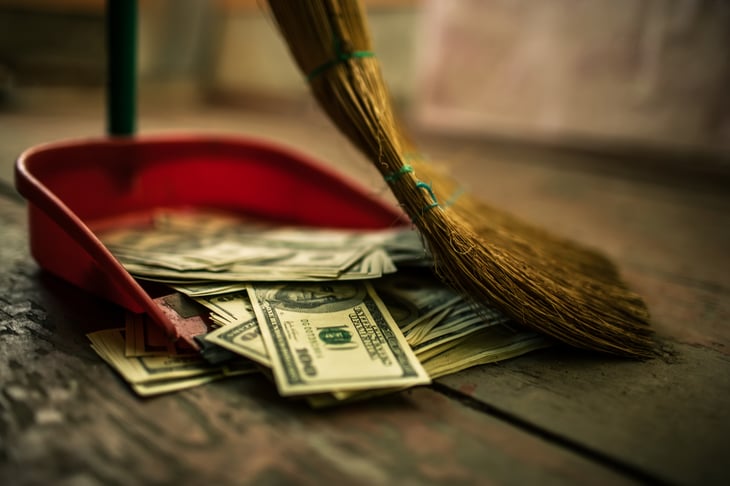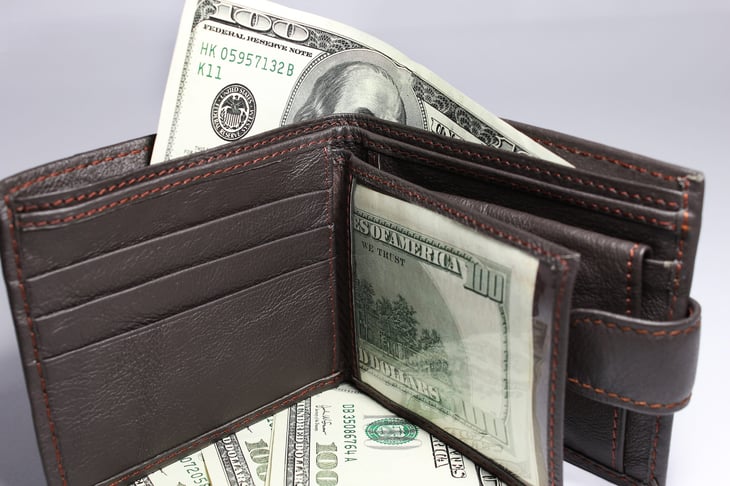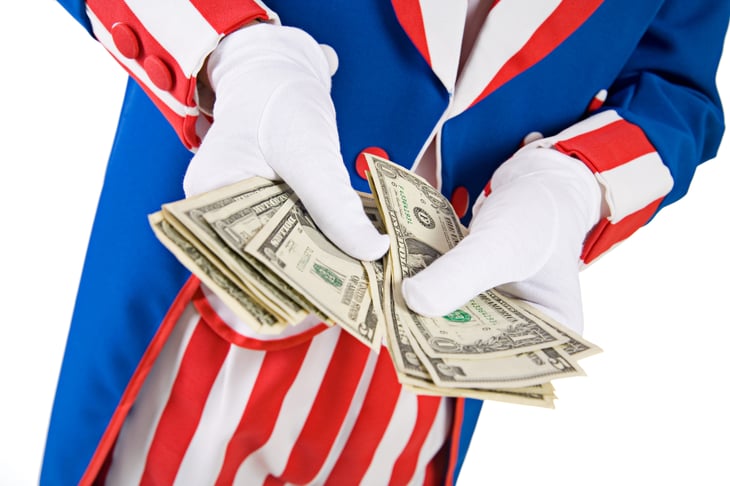
A recent series of bank failures and bank credit downgradings has spooked savers, leaving many fearful of losing money.
Nearly half of savers are “moderately” (29%) or “very” (19%) worried about the safety of their money in the bank, according to a 2023 Gallup poll.
If you are among those filled with such anxieties, you might be looking for another place to put your cash. Fortunately, you have several alternatives.
Following are some of the best places to keep cash besides the bank.
How FDIC insurance works

Before you pull all of your money from the bank, it’s important to understand that the risk of losing a lot of money in a bank failure is extremely low.
That is because most of the money people keep in a bank or credit union is covered by insurance. As Money Talks News founder Stacy Johnson has pointed out:
“The Federal Deposit Insurance Corp. is what insures bank accounts. So, if a bank has FDIC insurance, your accounts are insured up to $250,000. Banking fees support the FDIC. How do you know if your bank has FDIC insurance? You could look for the little emblem on their website, but here’s a better thing to do: Go to FDIC BankFind and see for yourself.”
So, if you choose the right bank, there is virtually no risk of losing at least that $250,000, and probably a lot more. As Warren Buffett — one of the shrewdest financial minds of all time — recently said:
“People shouldn’t be worried about losing the money and the deposits they have in an American bank, and today, they have no reason to worry. But the message has gotten very confused, and people don’t really understand how it all works.”
However, if you are unconvinced, read on to learn more about alternatives to bank accounts.
1. FDIC-insured sweep accounts

Millions of people keep a stockpile of cash at investment firms such as Fidelity or Vanguard. That way, they have a ready source of money they can use to buy stocks and other investments.
This cash balance usually is “swept” into an FDIC-insured account — typically called a “sweep account” — that earns interest. The money gets the same protection as the savings you keep in an account with your bank.
One advantage of using sweep accounts is that you might be able to protect amounts beyond the $250,000 limit that is standard with FDIC insurance.
For example, if you keep amounts higher than $250,000 in your sweep accounts, Fidelity notes that it might “use several banks, rather than just one, to maximize your FDIC coverage.”
2. Money market mutual funds

Money market mutual funds are a relatively safe place to keep your money if you simply don’t want to leave it in a bank.
Stacy Johnson has written about using them because they are “low-risk, pay whatever short-term rates allow and keep cash readily available.”
However, it is important to note that technically, a money market mutual fund is considered to be an investment, albeit one with low risk. Because these are investments, they are not FDIC-insured. That means there is potential for you to lose money, although it’s very unlikely.
Still, there is a history of investors becoming frightened about economic conditions and trying to pull their money from money market mutual funds en masse. In fact, this happened during both the Great Recession and the early stages of the COVID-19 pandemic.
In both cases, the Federal Reserve came to the rescue to prevent a meltdown.
A similarly named product — a money market account — is a lot like a traditional savings account and also has FDIC protection up to $250,000. However, using a money market account means sticking with a bank or credit union.
3. Treasurys

There are no certainties in financial life. Hypothetically, you could lose your money no matter where you keep it.
But at the end of the day, money backed by the FDIC is pretty close to a sure thing when it comes to being protected. That is also true of money backed by the U.S. federal government.
So, if you believe the USA is not going to go belly-up any time soon, purchasing U.S. Treasurys is among the safest things you can do with your cash.
As the government itself states:
“Treasury securities are considered a safe and secure investment option because the full faith and credit of the U.S. government guarantees that interest and principal payments will be paid on time. Also, most Treasury securities are liquid, which means they can easily be sold for cash.”
Treasurys are available in many forms, including bills, notes, bonds, TIPS and floating rate notes. You can get them in a range of maturities, depending on what best serves your needs. So, if you are truly worried about banks, U.S. Treasurys can be a great option.





Add a Comment
Our Policy: We welcome relevant and respectful comments in order to foster healthy and informative discussions. All other comments may be removed. Comments with links are automatically held for moderation.